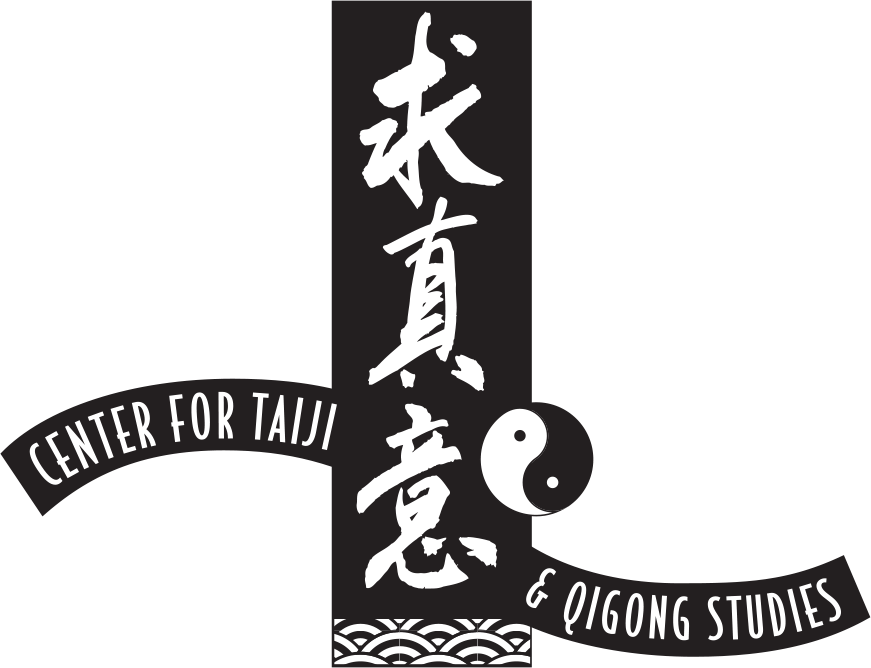Back Pain Study (2024)
Overview
This randomized controlled trial, conducted in collaboration with the Comprehensive Spine Center at Weill Cornell Medicine (PI: Dr. Roger Härtl), evaluated the impact of a virtually delivered integrated tai chi, qigong, and meditation program on chronic low back pain. A total of 350 adults were randomized to immediate or delayed intervention. The program consisted of 12 weeks of live, instructor-led online sessions along with 24/7 access to practice recordings.
Study Aim
To evaluate the effects of the program on disability, pain intensity, sleep quality, and health-related quality of life among individuals with chronic low back pain.
Participants
Adults with non-specific chronic low back pain were randomized into two groups:
• Treatment group: received the tai chi program in addition to usual care
• Control group: received usual care only
Results
Published in the North American Spine Society Journal (NASSJ), December 2024. Read the full article
Key outcome measures showed significant improvement at 16 weeks in the treatment group compared to control:
• 35% less disability: 8.1-point greater reduction in Oswestry Disability Index (ODI)
• 40% less pain: 1.2-point greater reduction in Visual Analog Scale (VAS) pain score
• 19% improvement in sleep quality: reduction in Pittsburgh Sleep Quality Index (PSQI)
• 22% improvement in health-related quality of life: 14.9-point greater increase in SF-36 score
See Figure 2 for a visual summary of these outcomes (layout same as original site).
Qualitative Findings
In follow-up interviews, participants described improved physical function, increased motivation, and reduced need for pain medications or invasive procedures. These personal narratives complement the quantitative results and provide insight into the program’s broader impact.
Demonstrating improvements in pain-related disability, pain intensity, sleep quality, and overall quality of life over the 16-week program.


